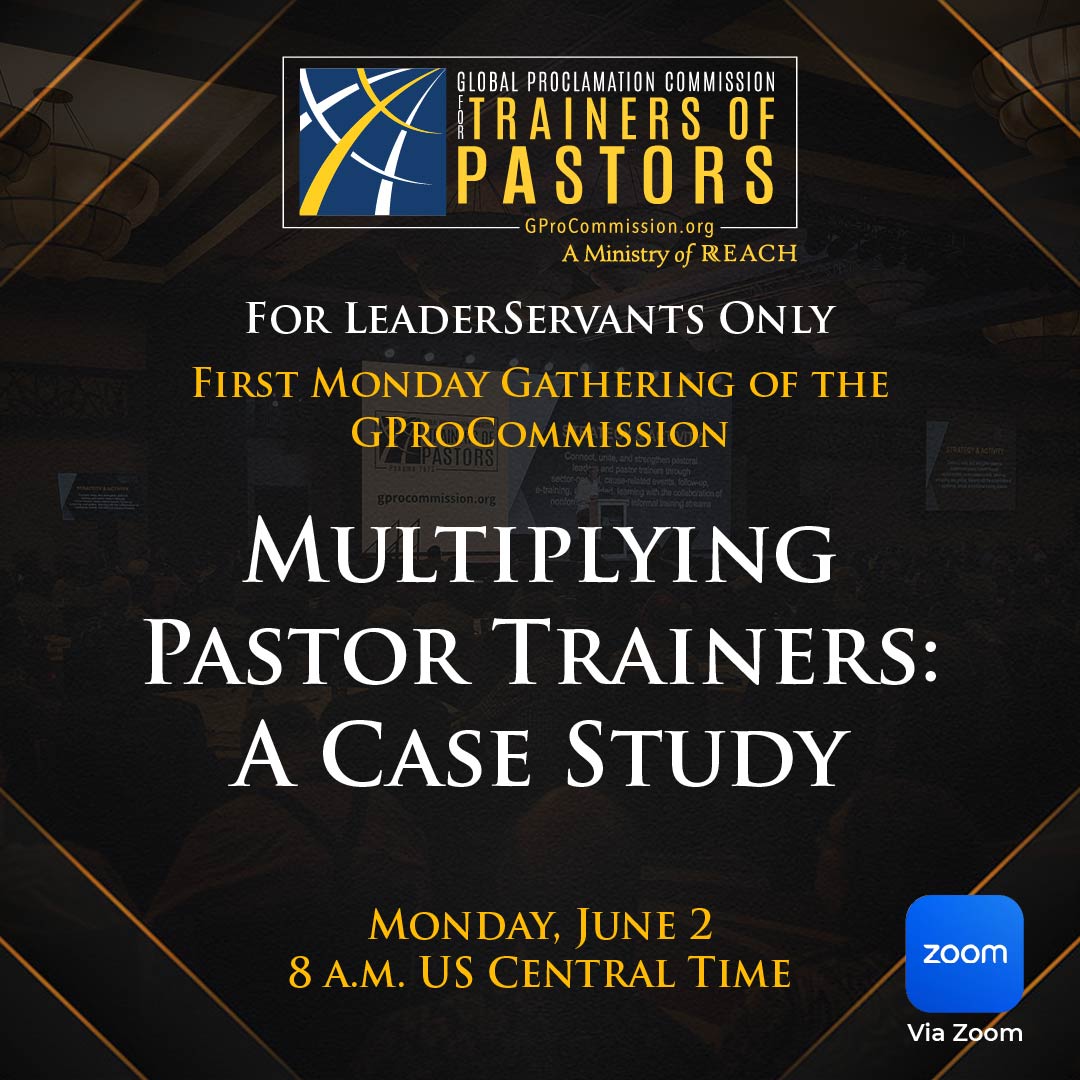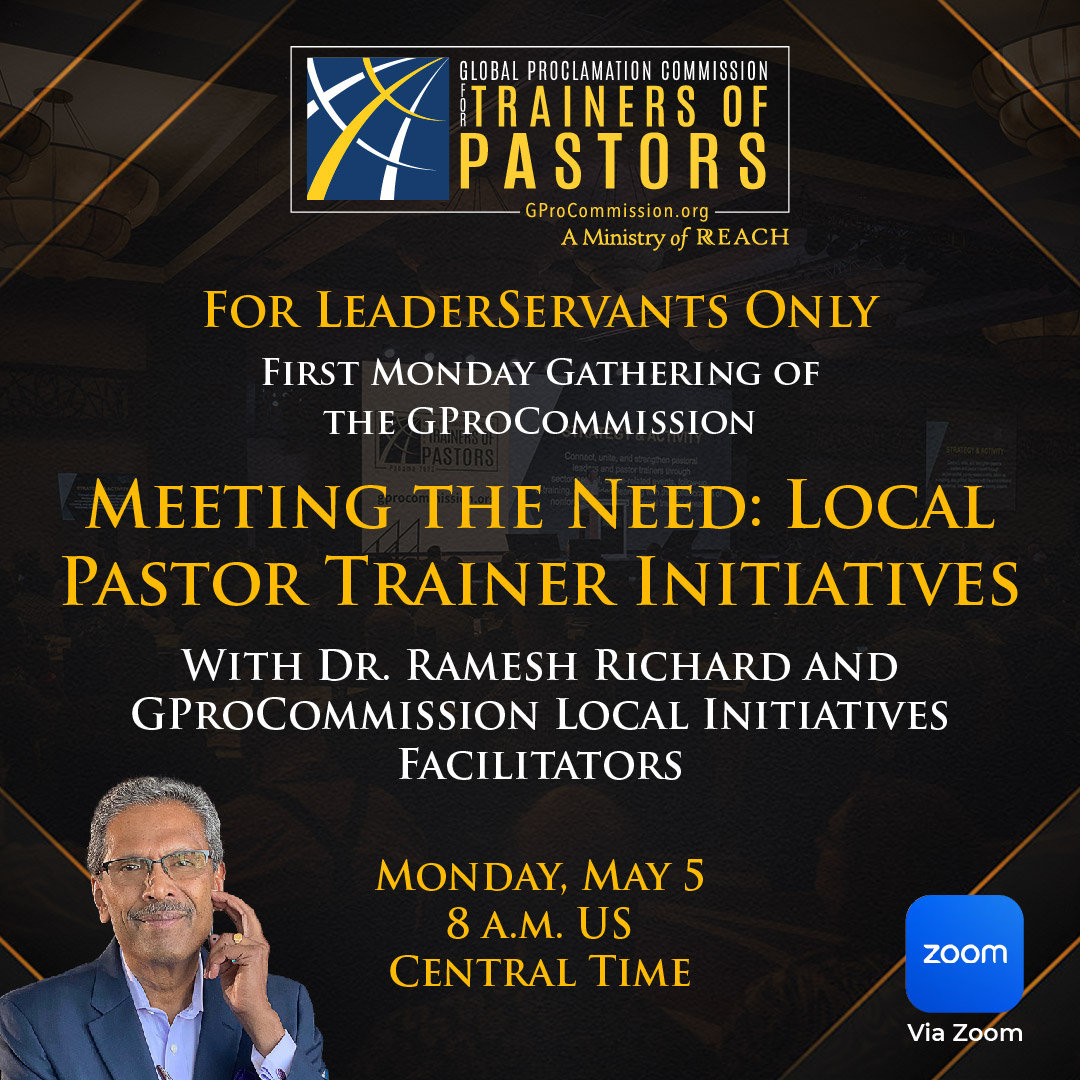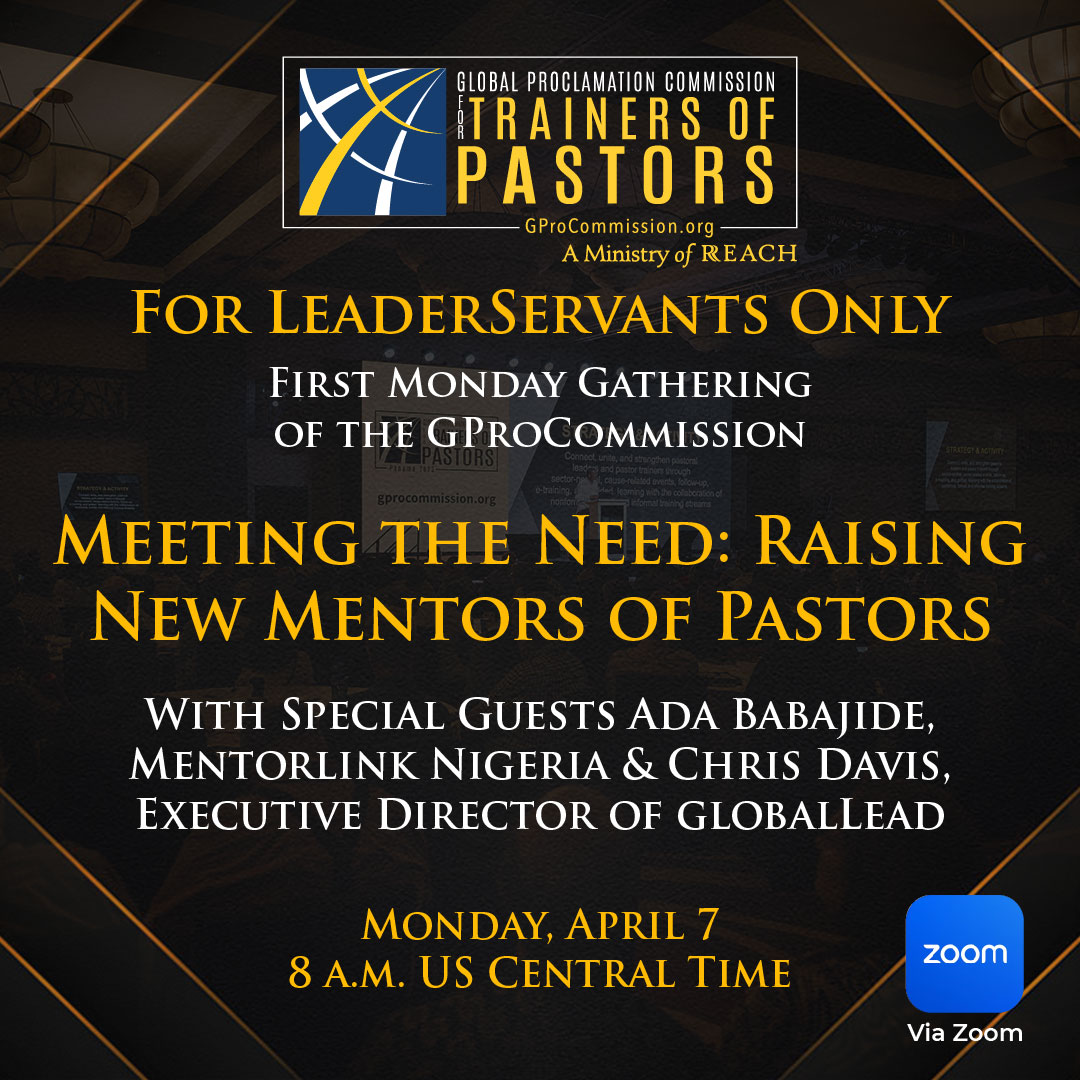The Critical Need for Pastor Trainers
Summary:
The February meeting addressed the global need for expanding pastor training initiatives. Joey Shaw, Executive Vice President of the Global Alliance for Church Multiplication, highlighted the staggering figure of 5.5 billion people without Christ. He emphasized that the expansion of church planting efforts is crucial to the Great Commission and stressed the necessity of collaboration and partnerships in multiplying those efforts. His call to action resonated with the group as he urged greater cooperation among ministries, affirming the importance of working together to reach the unreached.
Dr. Michael Ortiz, Executive Director of ICETE, followed up by focusing on developing pastoral leaders for the Church’s mission. He introduced three key concepts: Recalibration, Voices, and Impact. Recalibration, he explained, involves reshaping theological education so that it serves its intended missional purpose from God. Voices refer to the necessity of integrating diverse perspectives into training programs, ensuring effectiveness amid current and future challenges. Finally, Impact relates to how training effectiveness should be measured—beyond knowledge delivery, to the transformation of character and the long-term influence on communities.
He introduced the concept of ICETE impact teams, which address key areas within theological education, and invited attendees to join the Pastoral Leader Development impact team. This team focuses on shaping and elevating diverse voices in pastoral training.
Pastors from Brazil, Malawi, and India then responded to the call, sharing how economic and cultural contexts in their regions add complexity to training. They emphasized how collaboration, despite challenges, is essential for addressing both spiritual and material needs within their communities
Discussion Questions:
- How can collaboration strengthen efforts in your region in both church planting and pastor training?
- How can pastor training—whether through formal theological education, nonformal pastor training or informal personal mentoring—be recalibrated to be more relevant to the needs of church and society?
Application Questions:
- How can you or your church/organization contribute to training pastors and raising pastor trainers, particularly in regions where church planting efforts are expanding?
- What steps can be taken to ensure that pastoral training programs focus on character development and long-term community impact?




